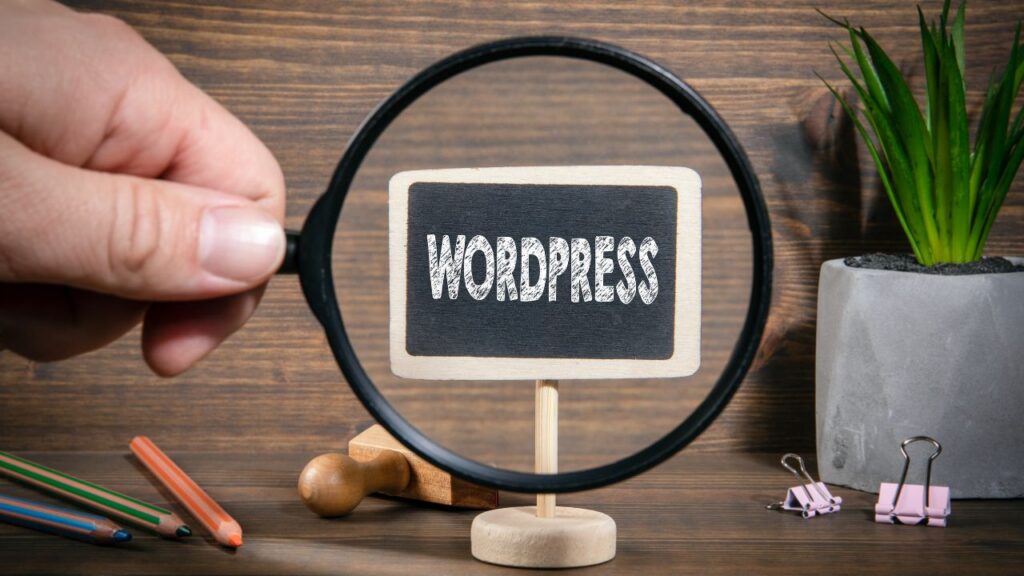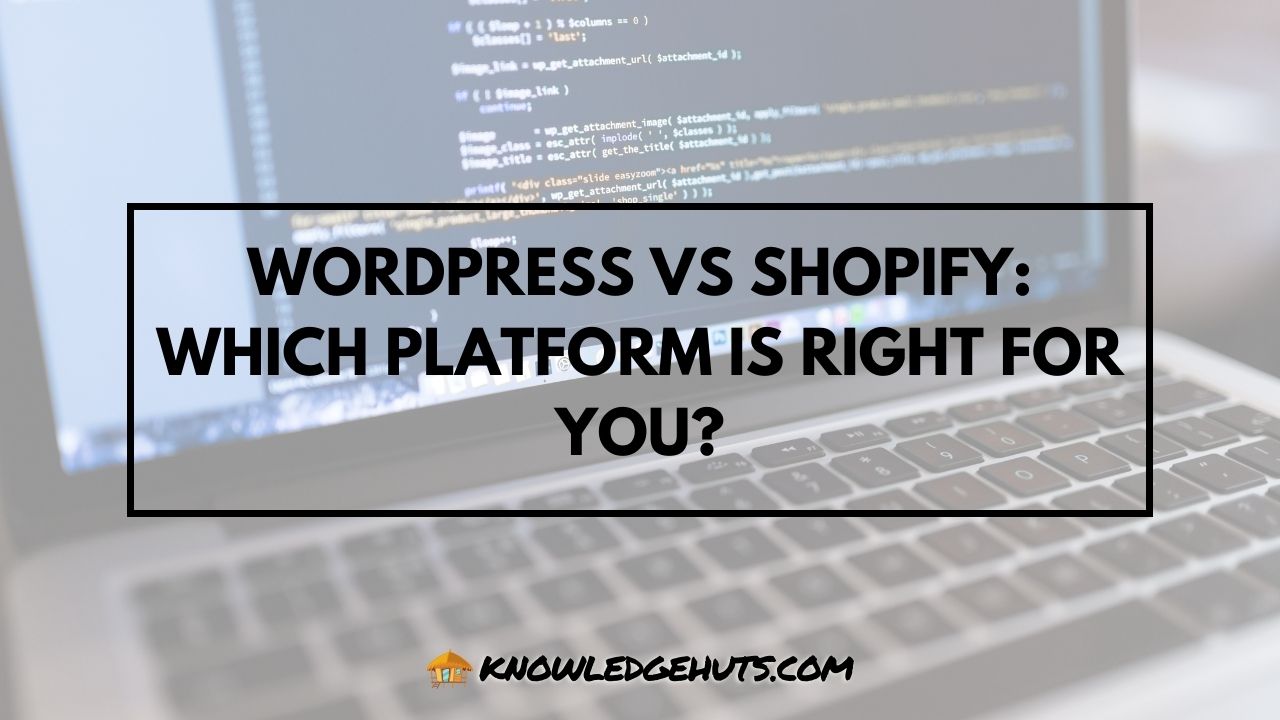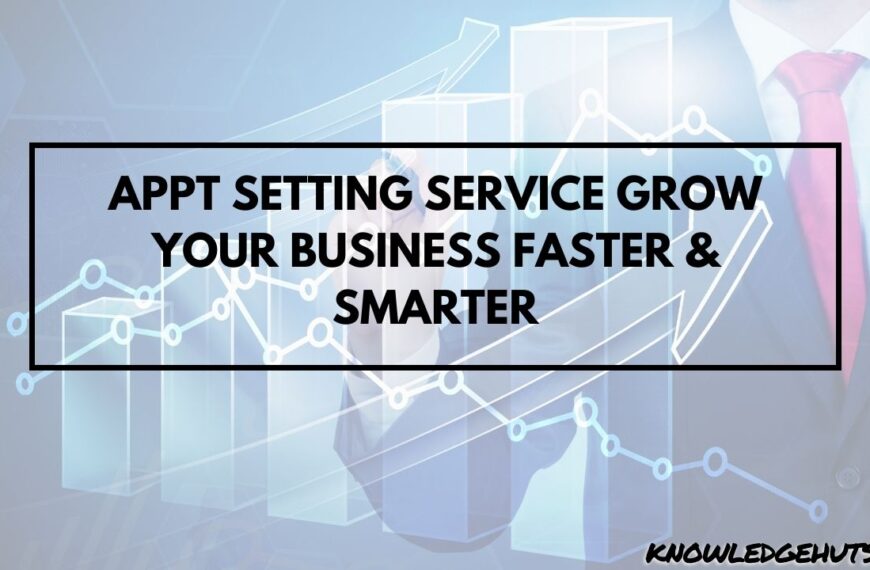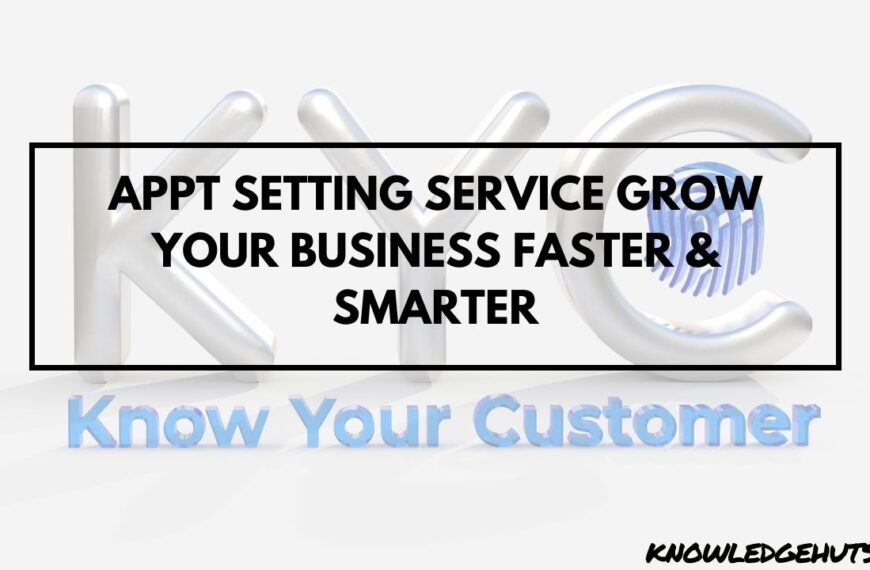Did you know 43% of all websites use WordPress? It’s the top CMS worldwide. Shopify hosts over 1.7 million online stores and does over $175 billion in sales each year. These numbers show how big these platforms are. But, which one is right for your business?
We’ll look into the WordPress vs. Shopify debate in this article. We’ll talk about the main differences, strengths, and weaknesses of each. If you’re starting a new site, moving to a new platform, or just want to know which fits your online goals best, this guide will help you decide.
Introduction to Content Management Systems and E-commerce Platforms
Building a website means choosing between content management systems (CMS) and e-commerce platforms. These options are different. They have special features for various website goals and business needs.
Understanding the Differences
Content management systems like WordPress focus on managing and publishing content. They are great for blogs, portfolios, and websites that share information. E-commerce platforms like Shopify are made for online stores. They have features for shopping carts, taking payments, and managing stock.
Determining Your Website Goals
Before picking a platform, you must know what you want from your website. Do you want to sell products or services online? Or do you want a website to share your knowledge and connect with people? Knowing your goals helps you choose between a content management system or an e-commerce platform.
“The right platform can make all the difference in the success of your website or online store.”
Choosing the right platform is key. It affects your website’s functionality, user experience, and growth potential. By understanding the differences, you can pick the best option for your business goals. This will help your website succeed in the long run.
The Flexibility of WordPress

WordPress is known for its great flexibility and customization. It’s an open-source CMS with many themes and plugins. These tools help you make your website just how you want it. You can build a simple blog, a big e-commerce store, or anything in between.
Customization through Themes and Plugins
WordPress lets you change your site with lots of themes and plugins. Themes give you a ready-made look and feel. They help you make a professional website fast. There are thousands of free and paid themes to choose from, so you can find one that fits your brand and needs.
Then, there are plugins that add more features to your site. You can get plugins for e-commerce, SEO, social media, and more. They let you make your WordPress site do what you need it to do.
“WordPress provides the flexibility to create a website that is truly your own, with endless possibilities for customization.”
With themes and plugins, you can make your WordPress site really stand out. It can show off your brand and help you reach your goals. This is why WordPress is so powerful and useful for many users and businesses.
Shopify’s E-commerce Focus
If you want to make an online store, Shopify is the best choice. It’s made just for setting up and running an e-commerce business. Shopify has great shopping cart features and makes checking out easy. It’s perfect for businesses that sell things or services online.
Shopify has lots of tools for e-commerce. It has things like managing stock, safe payments, shipping help, and detailed stats. This helps entrepreneurs and small businesses easily run their Shopify stores. They don’t have to deal with the hard tech stuff of making an e-commerce site. Moreover, IDP in fintech can further enhance efficiency by automating the processing of financial documents and ensure more seamless business operation.
Shopify is also very easy to use. Its dashboard is simple, and you can drag and drop things to build a site. This is great for small business owners or new entrepreneurs. They might not know much about web development but still want a strong e-commerce site.
While WordPress is more flexible, Shopify is great for e-commerce. If you mainly want to run an online store, Shopify might be better for you.
Ease of Use: Comparing WordPress and Shopify
Both WordPress and Shopify are easy to use in their own ways. WordPress is known for its easy interface and dashboard. It’s great for both new and experienced users. But, it might be harder for those new to web development.
Shopify is easy for beginners. It has a drag-and-drop builder and templates. This makes setting up an online store simple, even for those not tech-savvy. Moreover, connecting OroCommerce to Shopify can enhance your e-commerce capabilities by integrating advanced B2B features with Shopify’s user-friendly interface.
Learning Curves and User-Friendliness
Let’s look at how WordPress and Shopify compare in ease of use:
- WordPress: WordPress has lots of options and features. But, it can be harder for beginners. Luckily, there are many tutorials and resources to help you learn.
- Shopify: Shopify is easy to use and has a simple interface. It’s perfect for small business owners and those starting online without much tech knowledge.
| Feature | WordPress | Shopify |
|---|---|---|
| Learning Curve | More complex, suitable for users with some web development experience | Highly beginner-friendly, easy to set up and manage |
| User-Friendliness | Intuitive dashboard, but can be more technical for some users | Streamlined interface, drag-and-drop website builder, and pre-designed templates |
Choosing between WordPress and Shopify depends on your needs and tech skills. Think about how much customization and control you want for your site or store.
WordPress Vs Shopify: Cost Comparison
Looking at the cost comparison between WordPress and Shopify, we see they have different prices. Each has its own good and bad points. It’s important to know this to pick the right site for your needs.
Monthly fees are a big factor. WordPress is often cheaper, since it’s free to start. But, you might need to pay for plugins or third-party services to make it work better. Shopify charges a set price each month, starting at $29 for the basic plan.
Think about transaction costs too. WordPress lets you use many payment ways, which can save you money. Shopify uses its own payment system, Shopify Payments. It charges a fee of 2.4% to 2.9% plus 30 cents per sale, based on your plan.
| Feature | WordPress | Shopify |
|---|---|---|
| Monthly Fees | Free (with optional plugin/service costs) | $29 – $299 per month |
| Transaction Fees | Flexible, depending on payment gateway | 2.4% – 2.9% + 30 cents per transaction |
The choice between WordPress and Shopify depends on what you need, your budget, and your goals. Look at both their features, what they offer, and their pricing. This will help you make a choice that fits your budget.
Blogging and Content Marketing Capabilities
Good content marketing is key for a strong online presence. It helps you connect with your audience. WordPress and Shopify both have great blogging and making content tools. But, they focus on different things. We’ll look at what each platform offers for your content and branding online.
Creating a Strong Online Presence
WordPress is known for its great blogging tools. It’s easy to use and has lots of themes and plugins. This makes your blog look good and helps it get found online. You can also talk with your readers and share your posts on social media easily.
Shopify focuses on e-commerce. It makes your blog work well with your online store. Shopify’s blog tools are good, but not as many as WordPress. This is great if you want to get more people to your store and turn them into customers.
Choosing between WordPress and Shopify depends on your goals and what you want for your online presence. Think about your content plan and see which platform fits best. It should help you talk to your audience and meet your marketing goals.

“Crafting a compelling content marketing strategy is the foundation for building a strong and engaging online presence.”
Scalability and Growth Potential
As your online business grows, it’s key to think about how your platform will handle more traffic and products. Whether you pick WordPress or Shopify, knowing how each handles more visitors and products is vital. This helps you reach your long-term goals.
WordPress is great for scalability. It’s an open-source CMS that lets you easily grow your website as needed. You can add more features and customize your site with plugins and themes. It also handles a lot of traffic, big product sheet lists, and works well with other services.
Shopify is made for e-commerce growth potential. It’s an all-in-one platform that makes growing your online store easy. Shopify can handle more visitors, more sales, and adding new products and features as you grow.
| Feature | WordPress | Shopify |
|---|---|---|
| Scalability | Highly scalable through plugins and customization | Inherent scalability with built-in features |
| Growth Potential | Flexible to accommodate business expansion | Designed for e-commerce growth |
| Traffic Handling | Capable of managing high traffic volumes | Optimized for handling increased traffic |
| Product Catalog | Easily manage large product catalogs | Streamlined product management |
Both WordPress and Shopify are good for scalability and growth potential. But, the best choice depends on your business needs and goals. Look at what each platform offers to make a choice that fits your online venture.
Search Engine Optimization (SEO) and Digital Marketing
SEO and digital marketing are key for getting more traffic and growing your online presence. Both WordPress and Shopify have tools to help you. They make it easier to make your website search-friendly and run good marketing campaigns.
Optimizing for Search Engines
WordPress and Shopify are great for SEO in different ways. WordPress has many plugins for SEO. These tools help with content, metadata, and site structure. Shopify is easier for beginners. It has built-in SEO features.
| Feature | WordPress | Shopify |
|---|---|---|
| On-page SEO | Highly customizable with plugins like Yoast SEO, All in One SEO, and Rank Math | Automated features for optimizing titles, descriptions, and metadata |
| Keyword research | Integrates with various keyword research tools | Limited built-in keyword research capabilities |
| URL structure | Highly customizable URL structure | Standardized URL structure, but limited customization options |
| Site speed optimization | Requires manual optimization or use of plugins | Automatically optimizes site speed with Shopify’s infrastructure |
Both WordPress and Shopify can help with your SEO and digital marketing goals. But, they have different ways and tools. Knowing what you need will help pick the best platform for your website.
WordPress Vs Shopify
Let’s look at WordPress and Shopify to see which is best for your online business. Each platform has its own strengths for different websites. Your choice depends on your goals, budget, and marketing plan for the future.
If you want a flexible CMS for many types of websites, WordPress is a good pick. It has lots of themes and plugins. This lets you make a website that looks great and fits your brand.
For building a strong e-commerce site, Shopify is a better choice. It’s made for online stores. It offers a smooth shopping experience, easy payment processing, and great tools for managing stock.
WordPress can be cheaper since it’s free at its core. You can find many free or cheap themes and plugins. Shopify has a pricing plan with monthly fees and a fee for each sale.
Both platforms can grow with your business, from small startups to big companies. WordPress is great for growing businesses because it’s so flexible. Shopify is good for fast-growing online stores because of its e-commerce features.
The choice between WordPress vs Shopify depends on what you need most. Think about your website goals, budget, and future growth. This will help you pick the best platform for your online business.
“The right platform can make all the difference in the success of your online business. Take the time to carefully evaluate your options and choose the one that aligns best with your unique needs.”
Third-Party Integrations and Add-Ons
Both WordPress and Shopify offer a wealth of third-party integrations and add-ons to enhance your website’s functionality and features. API integration allows you to connect your platform with external tools and services, streamlining workflows and extending capabilities. It’s important to know about these options when picking a platform for your business.
Enhancing Functionality and Features
WordPress has a huge number of plugins. These let you add many services and tools to your site. You can use plugins for e-commerce, email marketing, social media, and more. This lets you make your WordPress site just how you want it.
Shopify also has a big app store with lots of add-ons and integrations. These apps can make running your online store easier, help customers, and boost your marketing. If you need something special like a payment gateway or a loyalty program, Shopify probably has it.
| Feature | WordPress | Shopify |
|---|---|---|
| Third-Party Integrations | Vast ecosystem of plugins | Robust app store |
| Customization Capabilities | Highly customizable | Extensive app selection |
| Integration Examples | E-commerce, email marketing, social media | Payment gateways, loyalty programs, SEO |
Using integrations and add-ons, you can make your WordPress or Shopify site just right for your business. Look at what’s available and pick the platform that gives you the best options for your online success.
Security and Site Maintenance
Securing your website and keeping it running smoothly is key. WordPress and Shopify have different ways to do this. WordPress is open-source, so you need to keep it safe yourself. This means updating your WordPress, themes, and plugins often to fix any problems.
Shopify does most of the security and upkeep for you. This makes it easier for you. It’s good for those who don’t want to deal with technical stuff.
With WordPress, you need to watch your site and fix any issues like slow loading or plugin problems. Shopify takes care of the server, updates, and backups for you. This is great for those who want a simple website management.
How much security and upkeep you need depends on your needs and skills. WordPress gives you more control but takes more time. Shopify is easier and needs less work from you. Think about what you need and what you can do to choose the best for your website.
Conclusion
So, Shopify or WordPress? There’s no one-size-fits-all answer.
Shopify excels for those seeking an easy-to-use, all-in-one solution with built-in ecommerce features and excellent support. It’s ideal for beginners or those with a clear focus on selling products.
On the other hand, WordPress offers unmatched flexibility and customization. It’s perfect if you want a blog alongside your store, have specific design needs, or crave more control over every aspect of your website. However, it requires a bit more technical know-how and managing separate hosting can add complexity.
Consider your technical comfort level, budget, and desired website features to make the best choice. If you’re looking for an open-source platform with extensive customization options, WordPress might be a good fit. However, if you need help managing your store and prefer an all-in-one solution, Shopify could be the better choice. There are even Odoo consultants who specialize in helping businesses integrate Odoo with their e-commerce platform, regardless of which one you choose. You can even explore a hybrid approach, using Shopify for the ecommerce portion and WordPress for content.
No matter which platform you choose, both WordPress and Shopify offer powerful tools to build and grow your online business.








